You may also like
-
Insight13 July 2023
Cllr Liam Robinson, Leader of Liverpool City Council
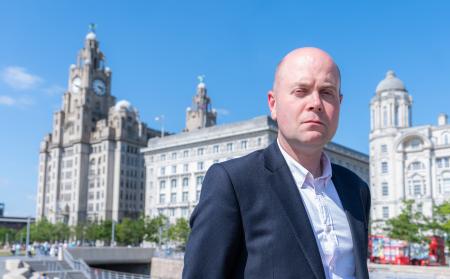
-
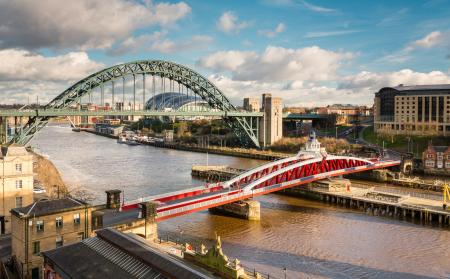
-
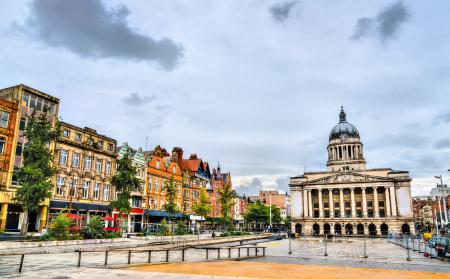
Liverpool is the economic, knowledge, transport and cultural centre of a wider City Region area.
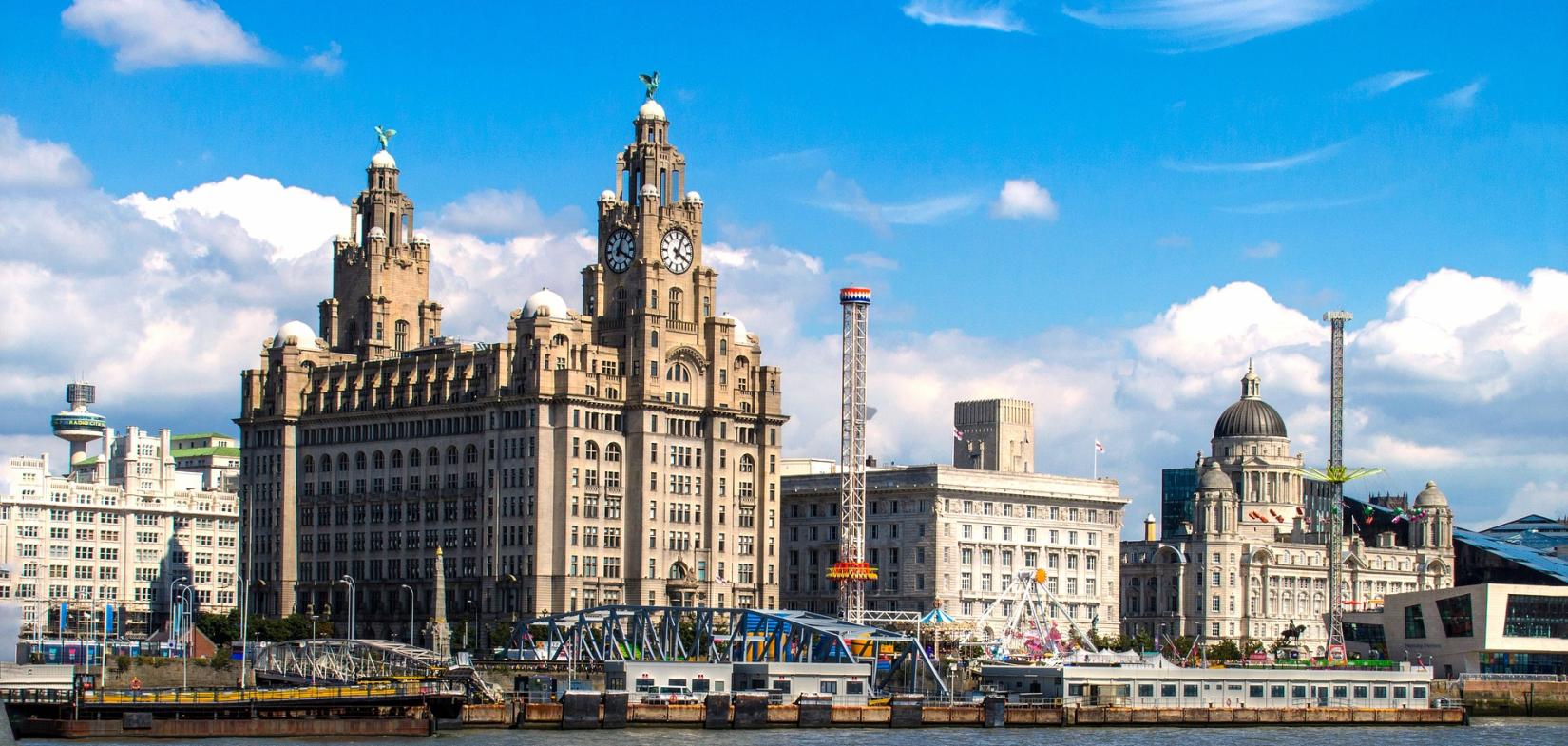
Liverpool has a population of 503,740 and the wider Liverpool City Region population is 1.59 million (ONS mid-year estimate, 2023)
Liverpool’s working age population 341,147 (2021) and has a university student population of 64,000 (2021/22)
Liverpool has a relatively youthful population with a median age of 35.2, compared with 40.4 years in England
Almost 1 in 4 (22.7%) residents are from an ethnic minority group. Other white(5%), Black African (2.6%) and Chinese (1.8%) are the largest minority groups identified in the Census 2021
22% of residents identify as disabled, compared with 17% nationally
Nearly 18,000 residents aged 16+ identify as LGB+ (lesbian, gay, bisexual or other sexual orientation), this represents 4.4% of the 16+ population (compared with 3.2% nationally)
In the decade to the 2021 Census, Liverpool’s population has become increasingly diverse, with population growth across nearly all ethnic minority groups.
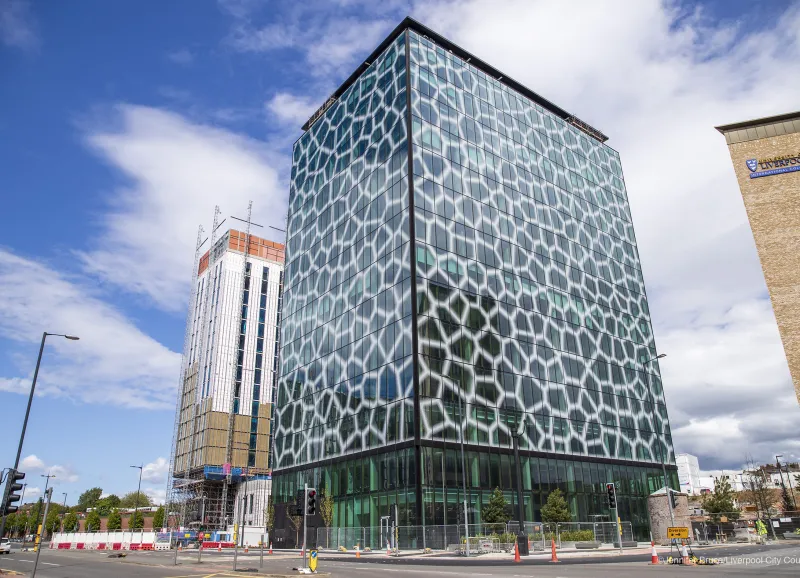
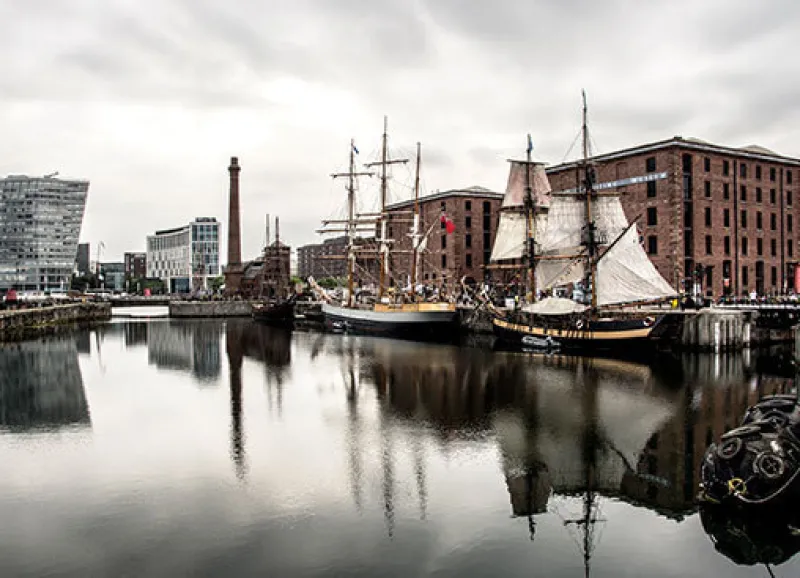
9,560 international students across five universities (2021/22 – source HESA – DT051 Table 28).
680,000 international tourists per year (as of 2022) – Liverpool s the 4th most visited city in England for international visitors.
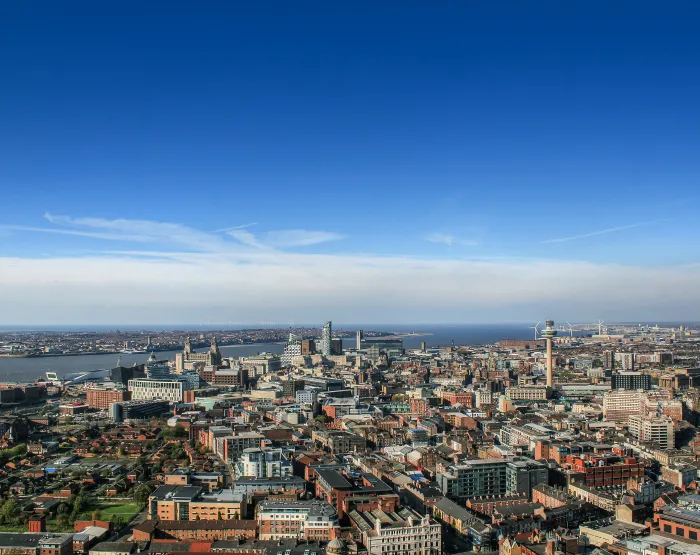
Cologne, Germany
Odesa, Ukraine
Shanghai, China
Dublin, Ireland
Surubaya, Indonesia
Birmingham, Alabama, USA
Numerous other signed agreements/sister cities – mostly inactive or in need of review
Nashville (MoU in 2022)
Memphis – longstanding relations and reciprocal activity planned for 2024
Hamburg – multiple longstanding relations and activity stemming from Beatles connection
Hannover (no formalised relationship but a lot of activity together over past
8 years and linkage via Unesco City of Music)
Liverpool economy is worth £14.2bn a year (GDP 2021), about 1% of UK economic activity
Liverpool’s economy provides 279,000 jobs - 39% of all jobs in the Liverpool City Region
The city centre is a key asset and accounts for 18% of all jobs in the city region
Liverpool attracted 31.5 million visitors in 2022, it is the 4 th most visited city in England for international visitors and the 3 rd most visited city for domestic visitors
Liverpool City Region is at the forefront of translational R&D in infection, materials chemistry, and AI solutions
Our Investment Zone includes UK-leading science and innovation campuses, with the Knowledge Quarter innovation district in Liverpool
The Knowledge Quarter includes University of Liverpool, Liverpool John Moores University, The Royal University Hospital, Liverpool School of Tropical Medicine, iiCON, Digital Innovation Facility, Materials Innovation Factory, Pandemic Institute
The city region has secured long-term public funding for its investment zone, and AstraZeneca is investing £450 million into the establishment of a new vaccine manufacturing plant in Liverpool, aligning with the region’s life science priorities


